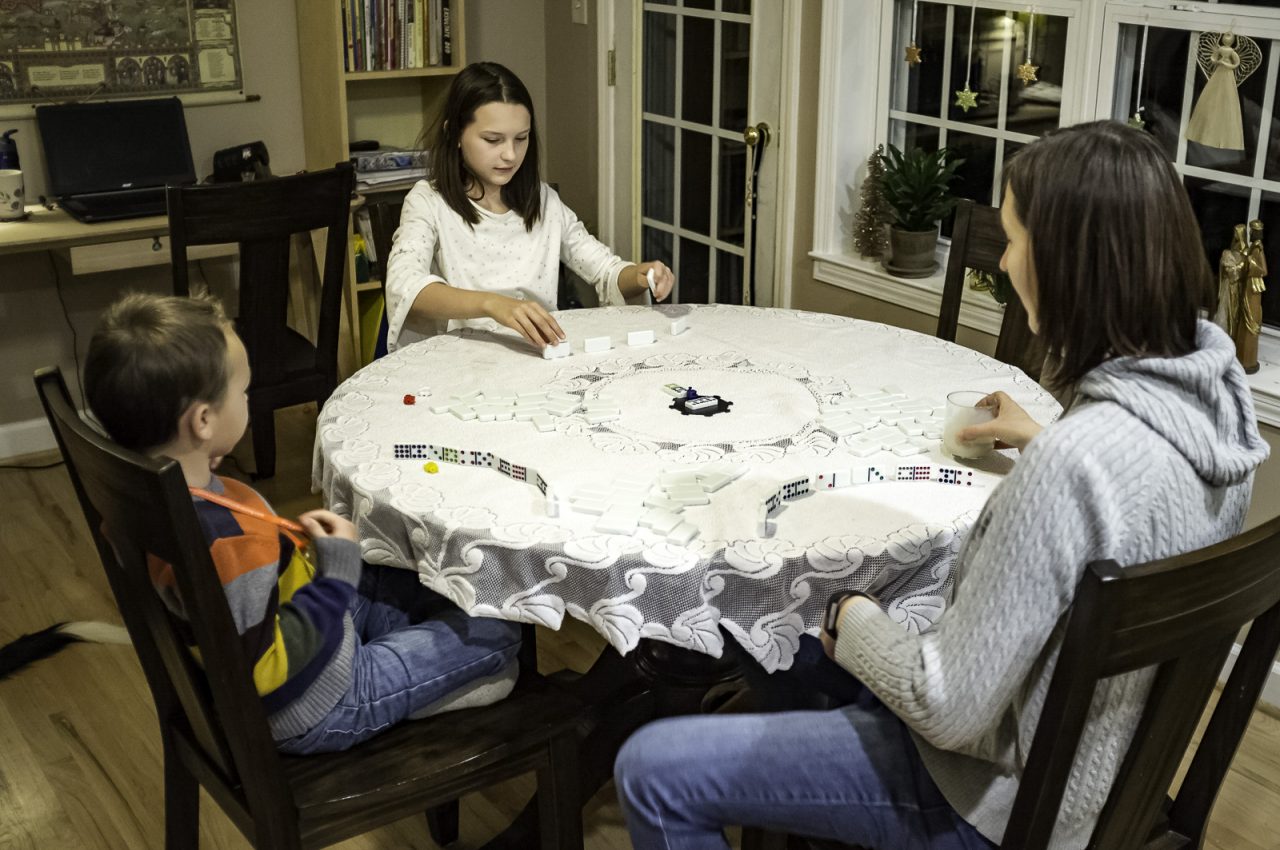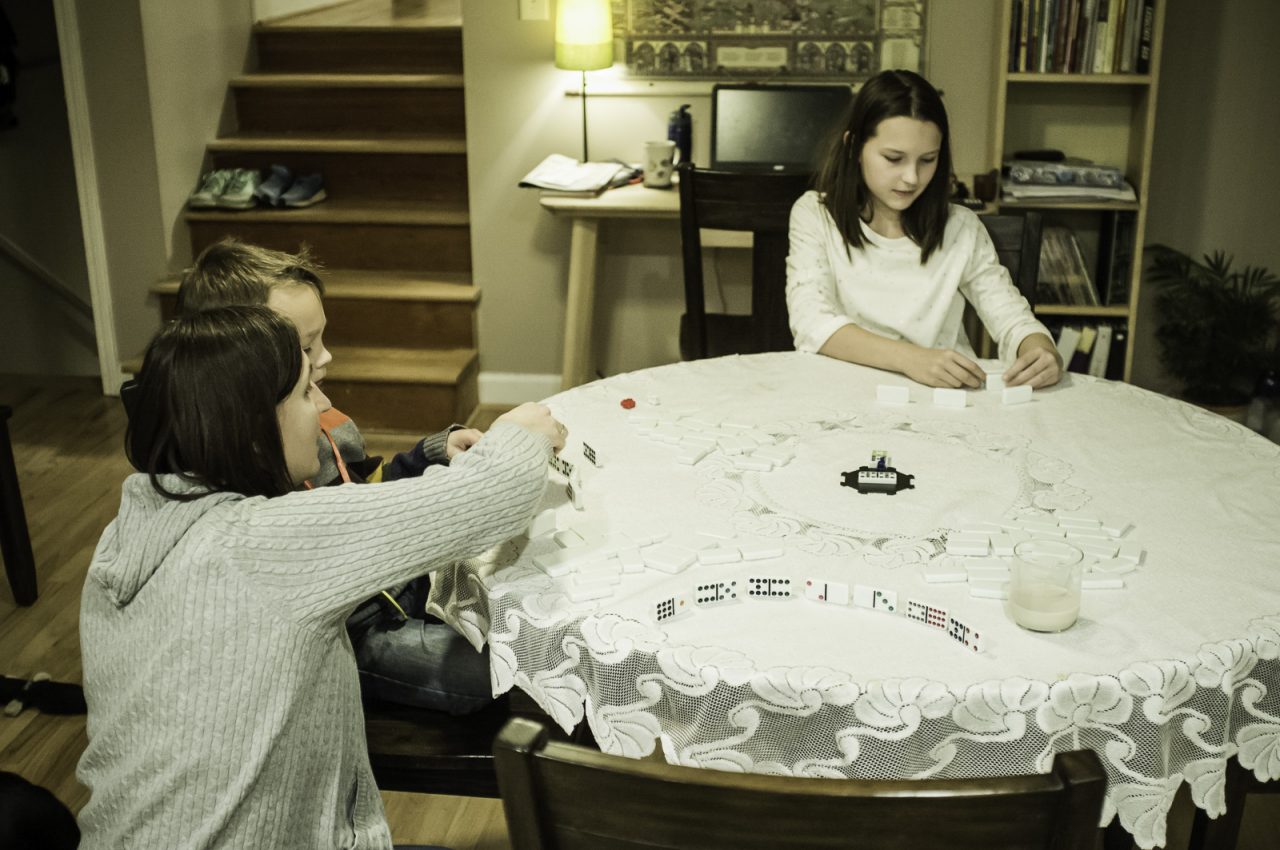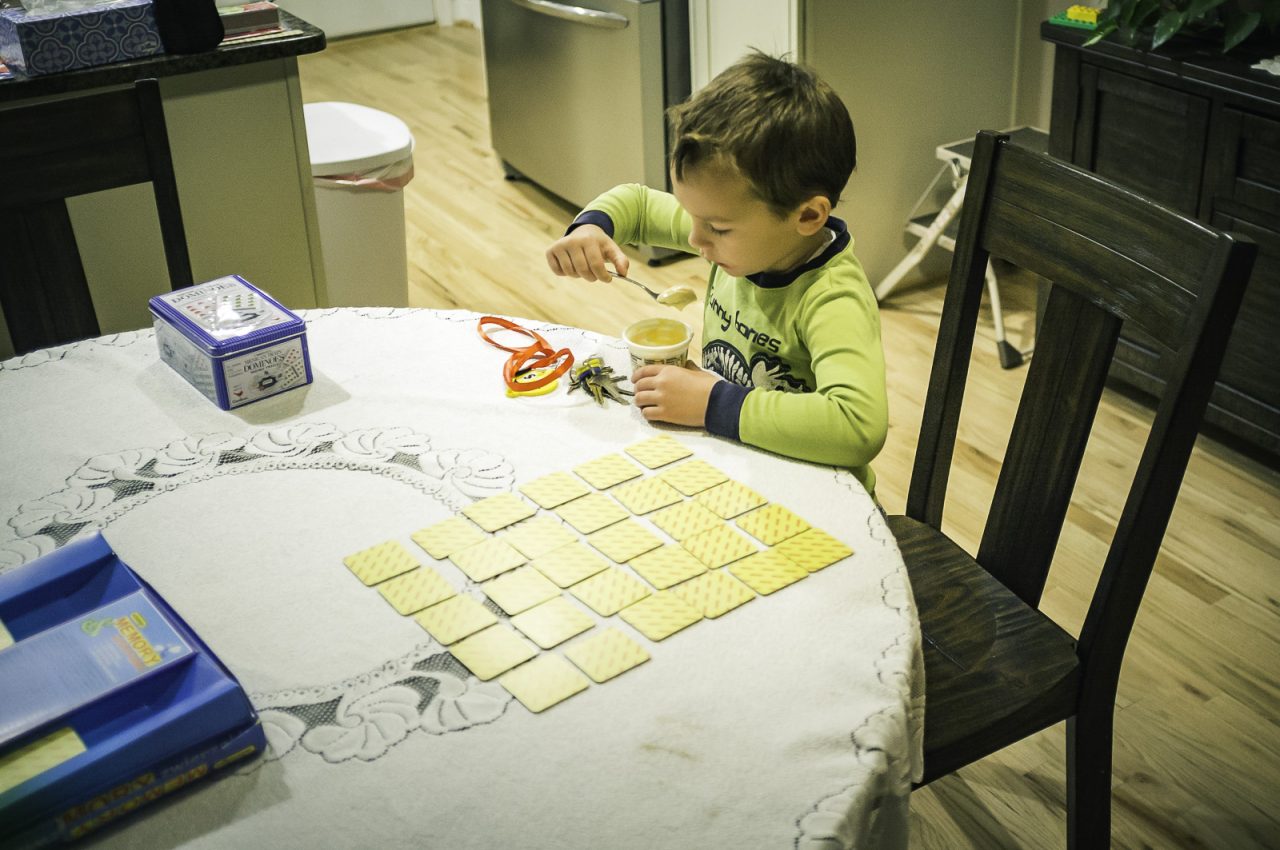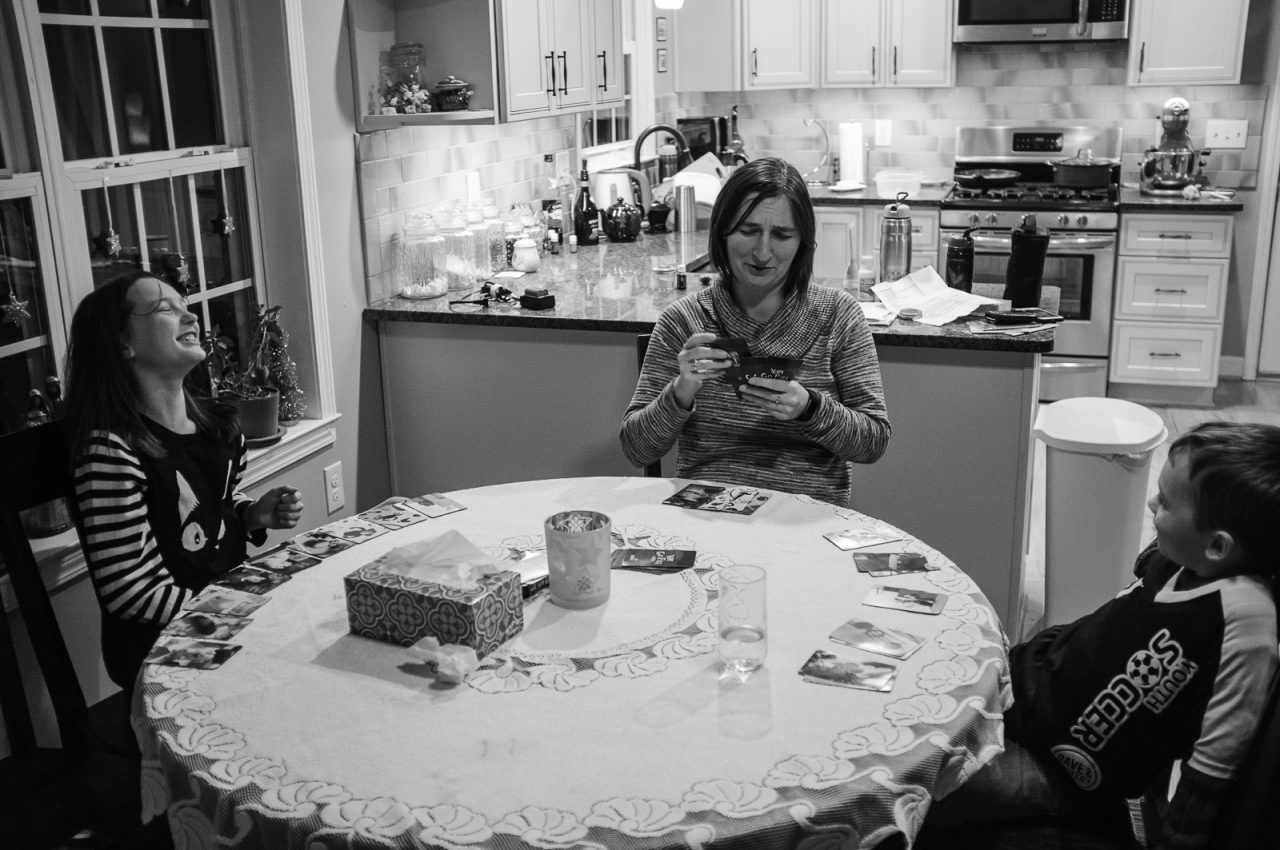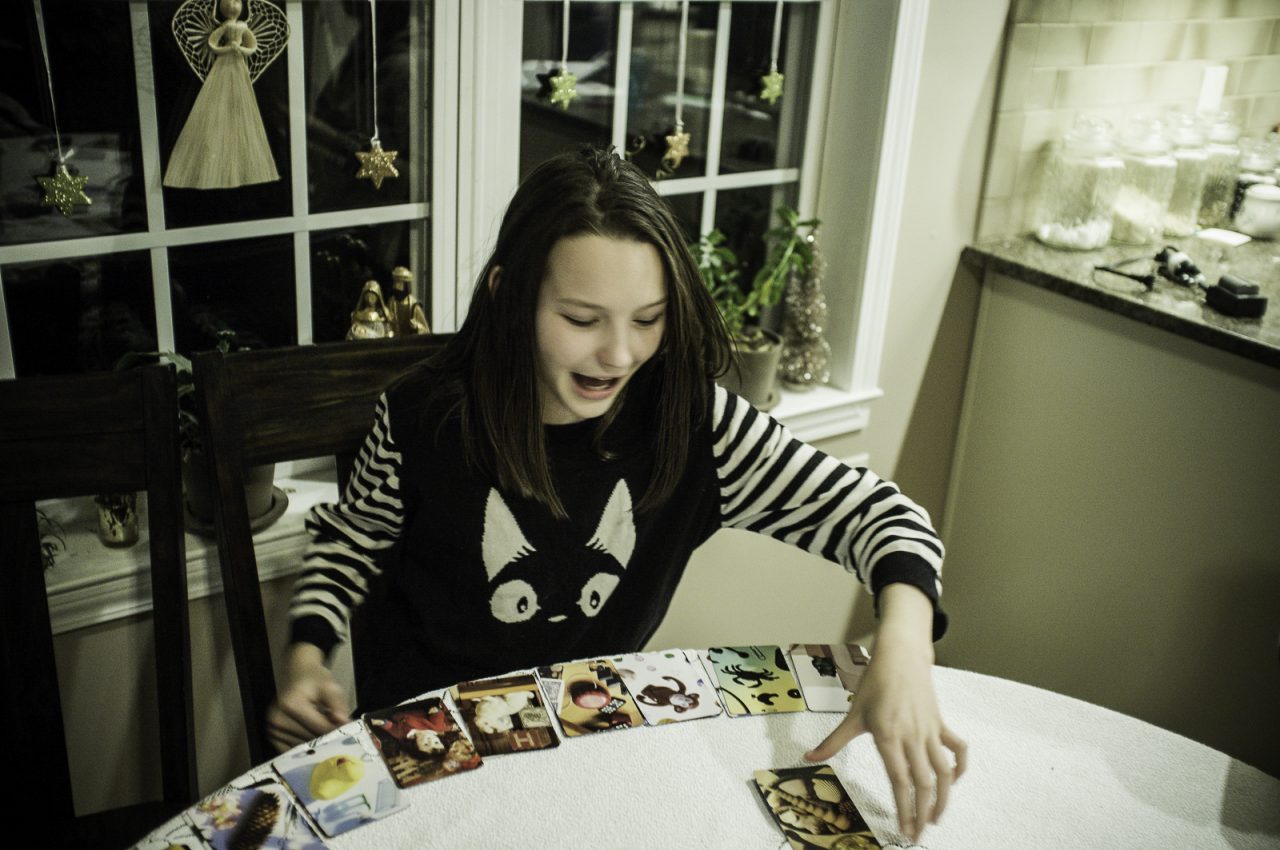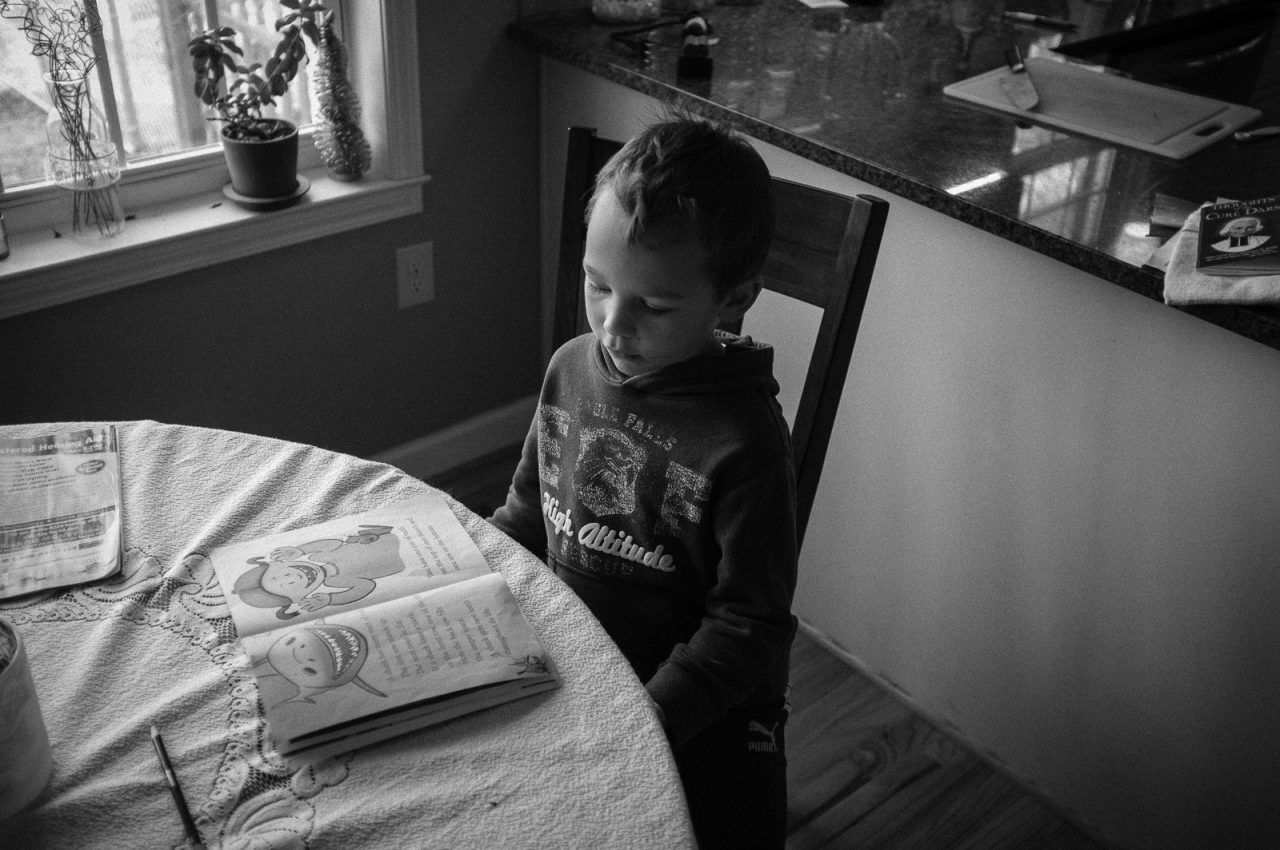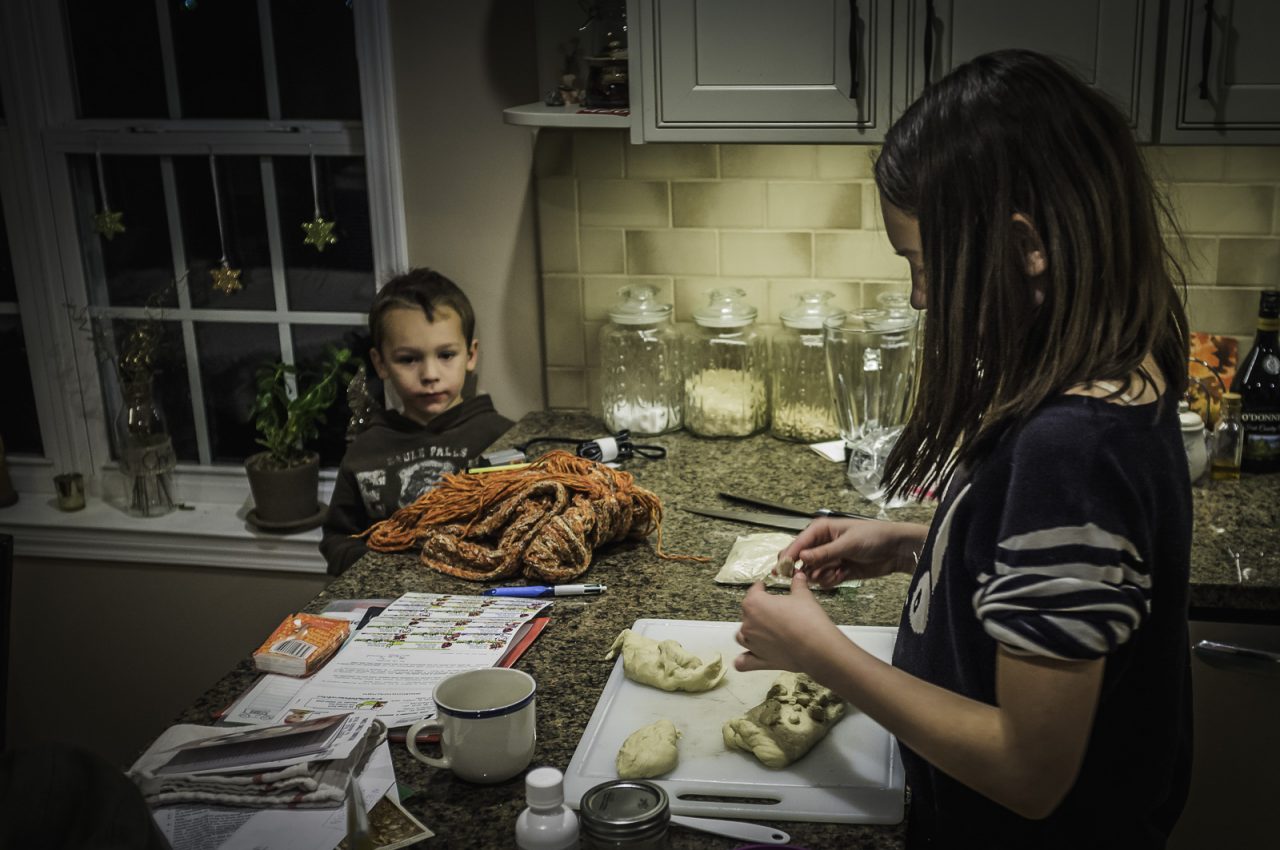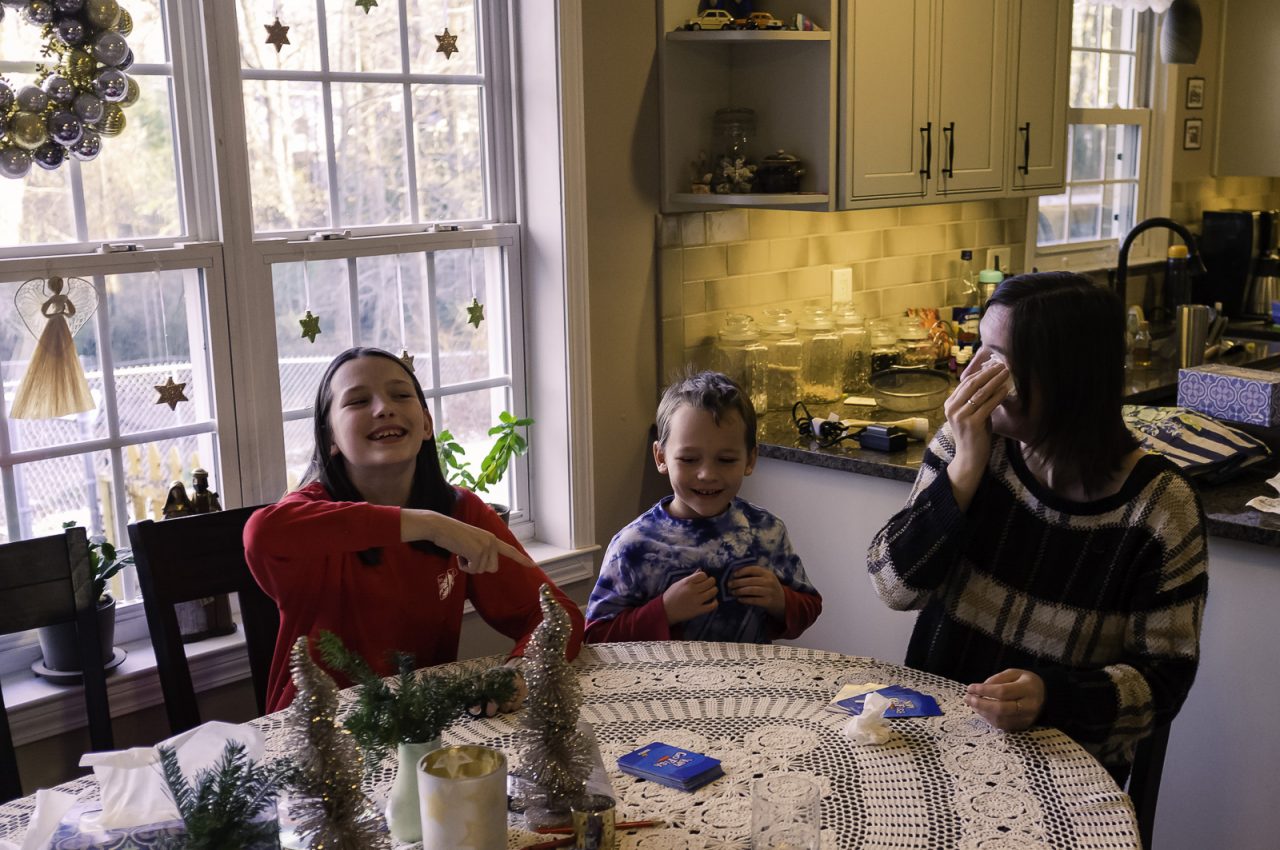How much does it cost to have a puppy? There are the upfront costs — the puppy itself, shots, sterilization, etc. There are the hidden costs — a new fence, multiple harnesses to find the right one, etc. Then there are the destructive costs — shoes chewed, furniture chewed, etc. We’ve been lucky in the latter, perhaps because we’ve been unlucky in the former two. We’ve managed to keep Clover from destroying much of anything of value. She’s learned more or less to ignore shoes. More or less. She went through a gnawing on furniture legs phase, but that seems to have passed as well. However, there’s a chair in the living room that she enjoys chewing the bottom of, which probably won’t make it through her puppyhood.
So I guess we should be thankful…
(A random thought to keep my post-every-day-for-a-month goal going even though I’m not 100% and slept most of the day…)

